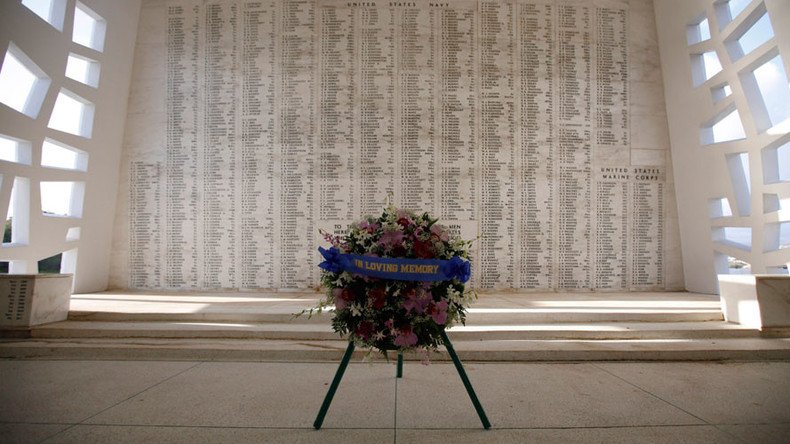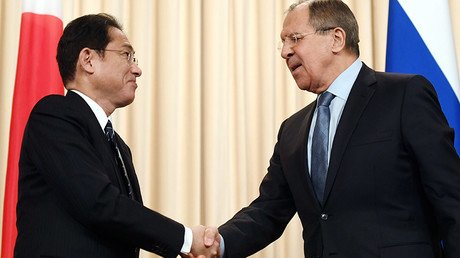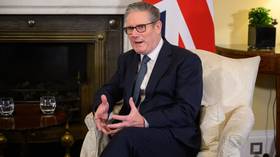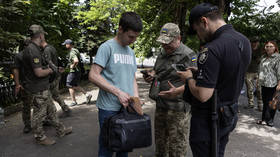Abe to become first Japanese PM ever to visit Pearl Harbor

Shinzo Abe is to become Japan’s first prime minister to visit Pearl Harbor. The PM says this month’s visit to Hawaii, where he will have his last summit meeting with Barack Obama, is intended to “console the souls of the victims” and strengthen ties.
The Japanese PM added that he would visit the US naval base accompanied by outgoing President Obama during his trip on December 26 and 27, just a few weeks after the 75th anniversary of the attack on Pearl Harbor launched by the Japanese Imperial Navy. Abe’s symbolic visit will effectively be reciprocating Obama’s landmark trip to Hiroshima earlier this year.
“I’ll visit Pearl Harbor with President [Barack] Obama. This will be a visit to console the souls of the victims,” Abe told reporters on Monday, stressing “I would like to show to the world the resolve that horrors of war should never be repeated,” according to Reuters.
On December 7, 1941, several Japanese aircraft carriers that had quietly approached within striking distance of Hawaii launched bombers and jets that attacked the US’ Pearl Harbor naval base, killing more than 2,000 US servicemen and destroying a number of American warships and military aircraft. The attack led the United States to enter the Second World War.
At the end of the war in the Pacific theater in 1945, the US Air Force dropped nuclear bombs on the Japanese cities of Hiroshima and Nagasaki, marking the first use of weapons of mass destruction in human history and claiming the lives of at least 129,000 people.
In the months that followed, large numbers of victims also died from burns, radiation sickness, and other injuries, compounded by illness and malnutrition. Most of the dead in both cities were civilians, although Hiroshima had had a sizable military garrison.
It is widely believed that the nuclear bombings were actually carried out with political rather than military goals in mind, intended to intimidate the Soviet Union, whose troops were making a rapid advance into Japanese-controlled territories, rather than bring about an already imminent Japanese surrender.
The US has never offered a formal apology to the Japanese at the state level for unleashing nuclear weapons on their country. In May of this year, Obama visited the Hiroshima memorial, saying “We come to ponder the terrible force unleashed in a not-so-distant past. We come to mourn the dead.” Despite the solemn words, he stopped short of directly apologizing for the bombings.
Japan has been the US’ closest ally in the Pacific since American troops occupied the islands in 1945. Tokyo has never questioned the necessity of the US military contingent stationed in Japan, as it largely benefits from the close defense ties. Over the past few years, Abe’s cabinet has introduced drastic changes to Japan’s decades-long defense policy, which had prohibited the deployment of Japanese troops abroad.
The ambitious rearmament plans go hand-in-hand with expanding Japan’s capacity to project power overseas, particularly in the contested waters of the East China Sea.












